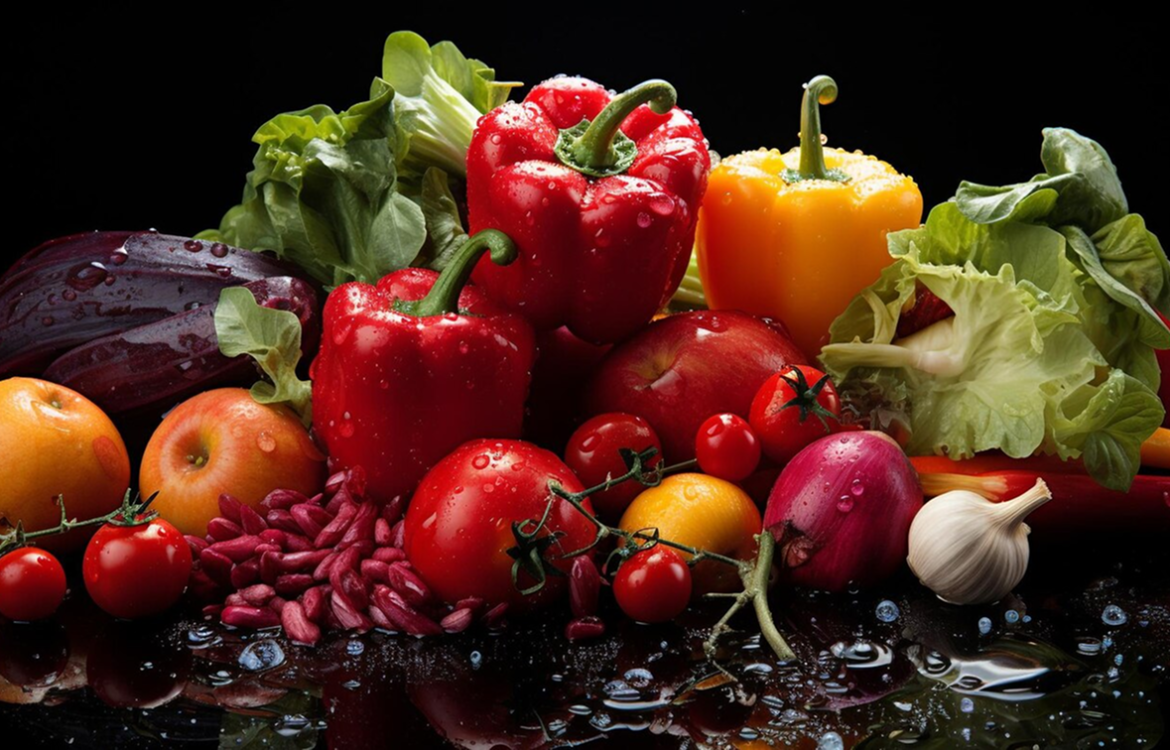In the United Kingdom, the rhythm of the seasons has long shaped what appears on dinner plates. From the first tender asparagus spears in spring to the hearty root vegetables of winter, seasonal produce offers a connection to the land and time. While modern supermarkets provide year-round access to nearly every fruit and vegetable, returning to “eating by the calendar” is gaining renewed interest — not only for the superior flavour but also for the benefits to our health and the environment.
Advertising
The Natural Cycle of Seasonal Produce
Seasonal eating means consuming fruits and vegetables when they naturally ripen in the local climate. In the UK, this calendar typically runs from tender spring greens like broad beans and new potatoes, through summer berries and tomatoes, to autumn apples and squash, and finishes with winter kale and parsnips.
When produce is harvested at its peak, it contains higher levels of nutrients and tastes better. For example, UK-grown strawberries picked in June often have more natural sugars and aroma compared to imported varieties that are picked early and shipped long distances.
Health Benefits of Eating Seasonally
-
Higher Nutritional Value
Fruits and vegetables lose nutrients over time after harvesting. Eating seasonally means consuming produce shortly after it is picked, preserving vitamins, antioxidants, and minerals essential for wellbeing. -
Greater Variety and Balance
Seasonal cycles encourage diverse eating habits. Switching from light summer salads to warming autumn stews naturally supports the body’s needs through the year, providing a balanced intake of nutrients suited to the climate and activity levels. -
Fewer Preservatives and Additives
Out-of-season produce often requires longer storage, refrigeration, or chemical treatments to maintain freshness. Eating seasonally reduces exposure to these processes, leading to cleaner, more wholesome meals.
Ecological Advantages of Seasonal Eating
-
Reduced Carbon Footprint
Importing out-of-season fruits and vegetables from distant countries involves significant transportation emissions. By eating UK-grown seasonal produce, consumers support local agriculture and cut down the carbon miles associated with their food. -
Lower Energy Use in Production
Growing certain crops out of season often relies on heated greenhouses or artificial lighting, which consume more energy. Seasonal farming aligns with natural daylight and temperature cycles, minimizing energy inputs. -
Promoting Biodiversity and Soil Health
Seasonal crop rotations and traditional farming methods help maintain soil fertility and encourage diverse ecosystems. Supporting seasonal producers helps preserve these sustainable practices.
Seasonal Produce in the UK: What to Eat and When
-
Spring (March to May): Asparagus, rhubarb, spring onions, peas, and wild garlic.
-
Summer (June to August): Strawberries, raspberries, cherries, tomatoes, courgettes, and new potatoes.
-
Autumn (September to November): Apples, blackberries, pumpkins, beetroot, and cauliflower.
-
Winter (December to February): Brussels sprouts, parsnips, kale, leeks, and celeriac.

